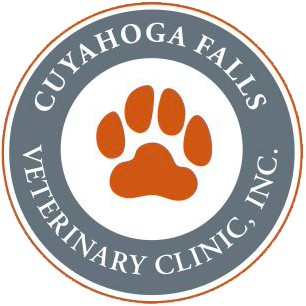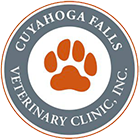Did you know that Leptospirosis is the #1 zoonotic disease in the world?

Historically, Leptospirosis was a problem on the farm and in rural areas. Many dairy farmers have been exposed to the bacteria and many of them have developed symptoms from their exposure. Today, though, because of how wildlife has encroached into our neighborhoods (or has it been the other way around?), raccoons and opossums contaminate our environment such as yards, puddles, streams, lakes and ponds with the bacteria. Dogs that come along and drink the water or simply make contact with the bacteria expose themselves and are at risk of developing disease.
What are the symptoms of Leptospirosis in dogs? Vomiting. Diarrhea. Lethargy. Depression. Sound vague? If you think so, you’re right. Most disease processes at least begin with symptoms like this. Unvaccinated dogs showing these symptoms, especially 5 to 7 days after potential exposure, should be tested for Leptospirosis. What is “potential exposure?” Swimming, playing at a dog park and exercising in the woods are all possible points of exposure. And don’t think drinking from the puddles on the sidewalks in your neighborhood isn’t potential exposure. Anywhere ‘coons and ‘possums roam is a possibility for Lepto contamination.

The good news? There is a vaccine for the types of Leptospirosis that dogs are most susceptible to in this area. Lepto is part of our core puppy series and it is given annually to all dogs. There has been concern among breeders for years that the Leptospirosis vaccine is unsafe, but this concern was born out of outdated vaccine technology from the ’70’s and ’80’s. Advances in human and veterinary medicine have discovered ways to limit the potential reaction-causing protein in the vaccine and have demonstrated as much safety as efficacy. It is good preventive medicine for your dog, as well as for all dogs in your community, to be current on the Leptospirosis vaccine.
I started this post by referring to Leptospirosis as the leading zoonotic disease in the world. Zoonotic diseases are those that animals and people can share (think Rabies, intestinal parasites or ringworm). Keeping our dogs protected is good public health! There are many reasons to be proactive when it comes to Leptospirosis. Give us a call at 330-929-3223 if you have a dog that is not protected so that we can talk about how best to keep your pet as healthy as possible.

